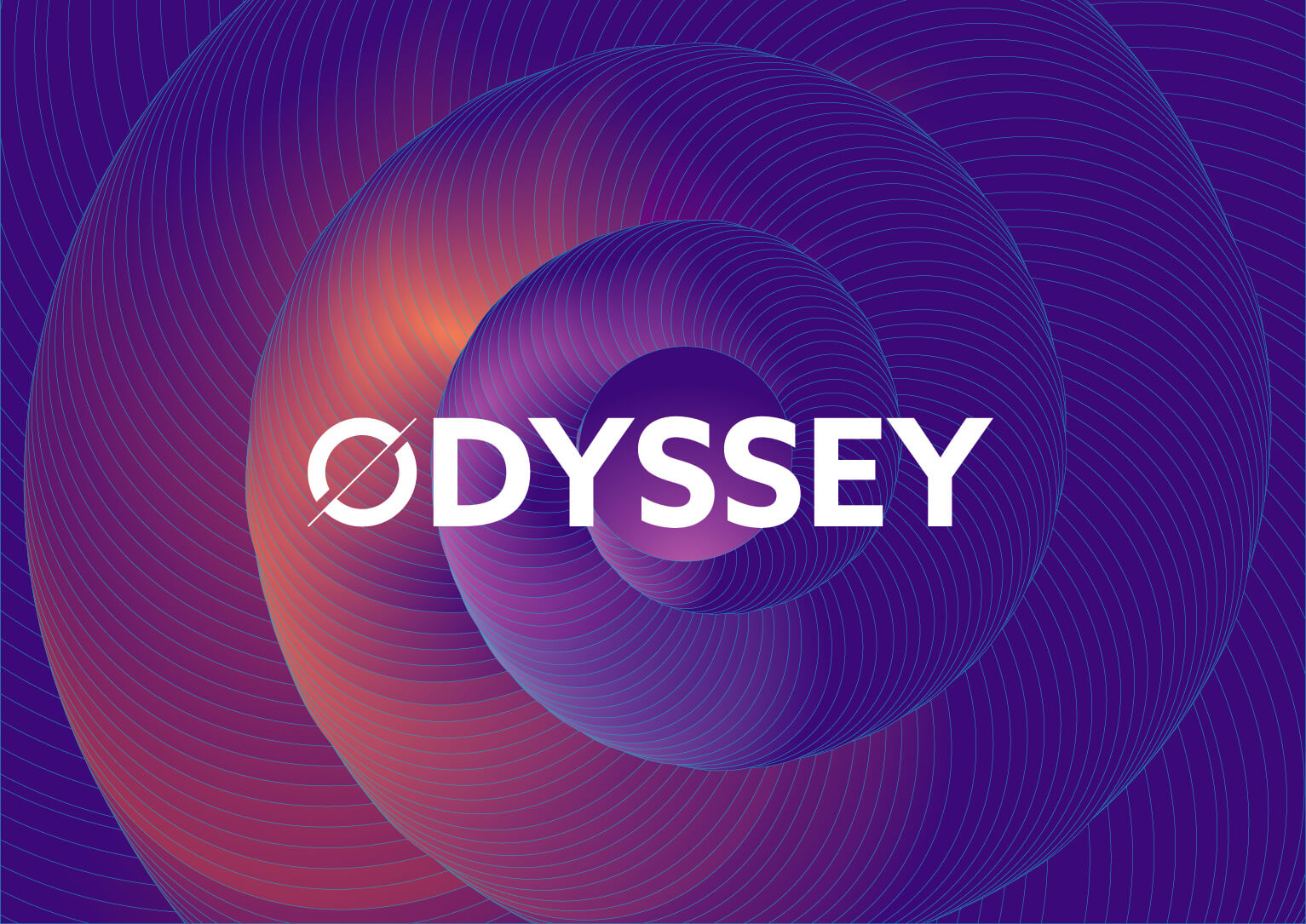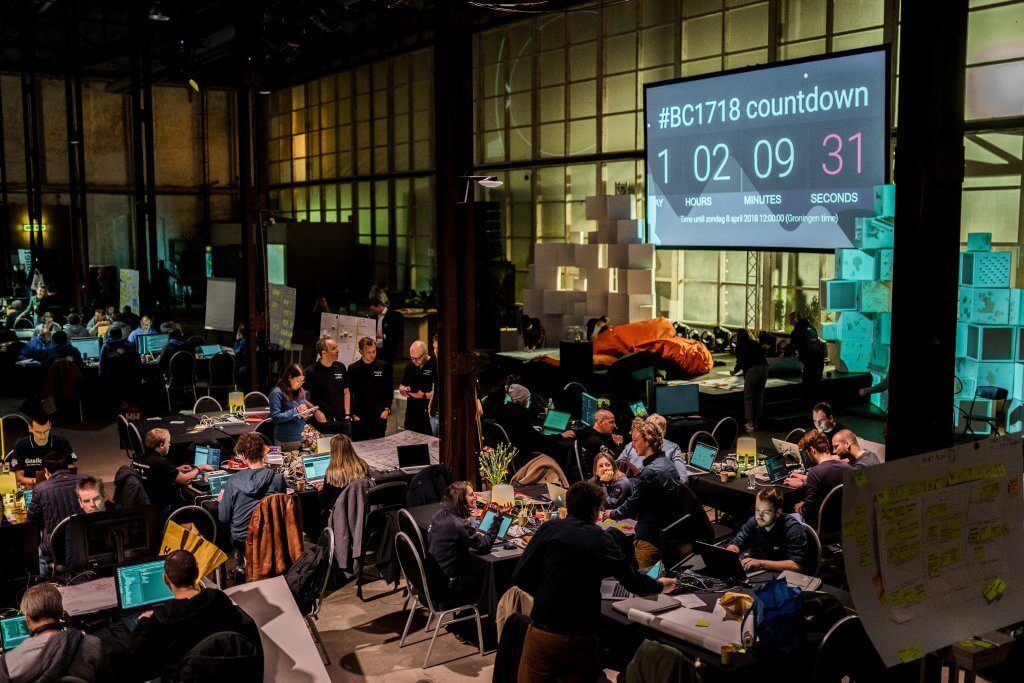
Odyssey, a blockchain and artificial intelligence (AI) hackathon formerly known as the Dutch Blockchain Hackathon and Blockchaingers, is coming back for its third edition to connect innovative teams and ideas with governmental, corporate, and non-profit partners.
The hackathon is backed by government agencies,
organizations and companies including the Ministry of the Interior and Kingdom
Relations of the Netherlands, De Nederlandsche Bank (the Dutch Central Bank),
the Netherlands Authority for the Financial Markets (AFM), the European Union
Regional Development Fund, Deloitte, and KLM, and will see 100 teams building prototypes
to address 20 societal challenges.

These challenges cover areas including energy transition,
public utility networks, (self-) governance, self-owned digital identity,
biometric data communication, financial inclusion and security, cargo
insurance, digital nation infrastructure, wildlife and biodiversity
restoration, food value chain sustainability, and open crisis and disaster
management.
One of them focuses on creating a Dutch government-backed next generation digital identity, for adoption in all of Europe, where the citizen, not the government, would be the starting point. The Dutch ministry of the interior said the idea is to develop “a truly new approach to reliably, easily establishing a digital identity.”
The ministry said the solution must function on all devices commonly owned by the general public, empower the citizen to have control over their own attributes, and that the level of the system/bridge must be “substantial.”
Another challenge by the Dutch ministry of the interior focuses on creating an open source “privacy breach detector” that’s compliant with GDPR which would help governments prevent privacy breaches when publishing new (governmental) open data in existing data fields.
Commenting on the upcoming Odyssey hackathon, Raymond Knops,
state secretary for the Interior and Kingdom Relations of the Netherlands, said:
“The Dutch government wants to be a partner for everyone who can co-create the digital public infrastructure that is needed to take society forward in the 21st century.
“The Odyssey hackathon goes beyond exploring the potential for blockchain and AI; it showcases the real-world capabilities of these technologies through economically viable solutions and unlocks new markets for businesses to provide products and services.”
Kadaster, the Dutch national agency for land registration and geographic information, is another governmental agency looking to leverage blockchain and advanced technologies to modernize its processes and infrastructures.
The agency is looking for an open distributed data ecosystem where “all information on real objects is readily available for authorized persons and machines.” Selected solutions will be accelerated in a development program, foreseen to run during 2019 and 2020.
Held in Groningen, the Netherlands, the 2019 Odyssey
hackathon will run from April 11 to 15, 2019, and is expected to attract 1,500
people.
With support from this year’s partners, the Odyssey
hackathon’s top 20 teams will present their solutions to industry stakeholders
and investors willing to accelerate their prototypes, and receive a combined cash
prize of EUR 200,000. These 20 teams will then progress to the Odyssey
Incubation Programme, where they will launch, test, develop and scale their
solutions together with their consortium within 100 days.
Last year’s event brought together 1,000 attendees working
on 64 prototypes. Notable projects that have sprung out from the hackathon
include Kryha, a solution that combines blockchain and AI to create intelligence
drone swarms for search and rescue operations, and Unchain, which has created a
system for tracking and identifying expired or counterfeit drugs in Africa,
helping to prevent the annual EUR 33 billion medical fraud and streamlining
humanitarian aid operations.
Kryha is now working, among others, with Ocean Protocol and
the MIT on GREX, a decentralized hivemind.

